The Biden Transition: Now We Have to Deal with Pain
On Jan. 6, the Capitol building was occupied by rioters hoping to overturn the election.
A week ago, I turned 18 years old. The start of my legal adulthood, I thought, would be quiet—as all celebrations in the past year have been—until the day after, Jan. 6, when armed rioters stormed past police forces and smashed through the windows of the Capitol building.
They occupied Capitol Hill for more than four hours. They tore down American flags while carrying Confederate ones. They rested their feet on the desks of lawmakers. Somewhere in the chaos, a woman was shot and killed. And I watched as citizens of the Free World pillaged the Capitol building, a symbol of American democracy, in an effort to deny the results of a free and fair election.
I am technically, now, an adult, though in every other way I am not. The 18th anniversary of my birth, for example, did not change my short-sightedness: In fourteen days, I think, Biden will be President, and we can put all of this behind us. Heck, it’s nearly behind us now! Let it go! It’s over! It’s over! In fourteen days, this will all be over!
But my pleas to the screen do nothing. Trump supporters will not let it go, and while they will fix the windows and mop the floors, the siege on democracy won’t be, either. Trump has spread hate for the past four years, and just like my childishness, it will not die a quick death. Hate never does. Hate reaches across time and brings Confederate flags into the Capitol.
Why does it live on so stubbornly? Why shouldn’t it end neatly in two weeks? Why are people so reluctant to give it up?
Perhaps we have never dealt with hate the right way. We failed to deal with it during Reconstruction, we failed during the Civil Rights Movement, we failed during the AIDS crisis and the George Floyd protests and the coronavirus pandemic. Where does hate come from? How can we make it go?
I ask all these questions as a child. I am upset at the world I am inheriting as an adult. I am upset that I am no longer the future, but the present, and I am upset that the present sucks. And it makes me full of anger, and it makes me full of hate. And then I remind myself of something someone who was more adult than me—James Baldwin—said, a long time ago:
“I imagine one of the reasons people cling to their hates so stubbornly is because they sense, once hate is gone, they will be forced to deal with pain.”
No, we have never dealt with hate the right way. We have returned hate with love, and we have returned hate with hate, but we have never returned hate with real understanding. Because we have all had our own pains. And we have buried them deep.
But pain thrives underground, like a seed. And it grows in all directions, until it bursts through the topsoil, becoming ugly things like the Charlottesville march, the explosions of tear gas, the coronavirus deaths of the citizens who weren’t “important” enough to save.
I suppose what I mean to say is this: if the Biden administration hopes to reunite the American people, it cannot just bring peace, joy, or love, though those things would be nice. But they will not heal this wounded country. Those things will not make the pain go away.
If the Biden administration hopes to reunite the American people, it needs to bring a shovel. I do not know what this shovel will look like or how it will function. I do not know what its type should be, or its weight, or its grip. Perhaps we need to set a world record for the largest group therapy session ever. Perhaps we need a jarring change in political rhetoric across America.
Because we need to dig up our pain. It will throb in our hands, and it will hurt, perhaps more than anything has hurt in the past four years, and then, and only then, will it ever be over.


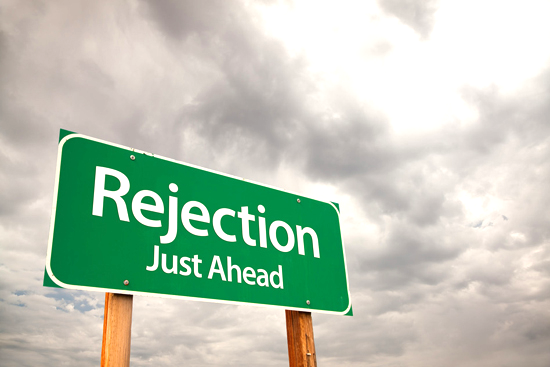

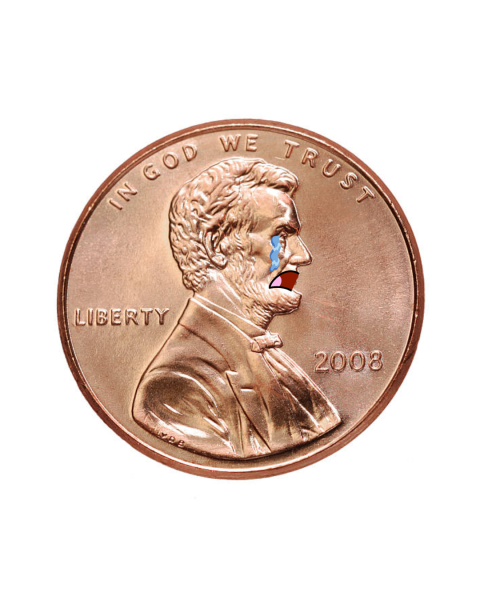
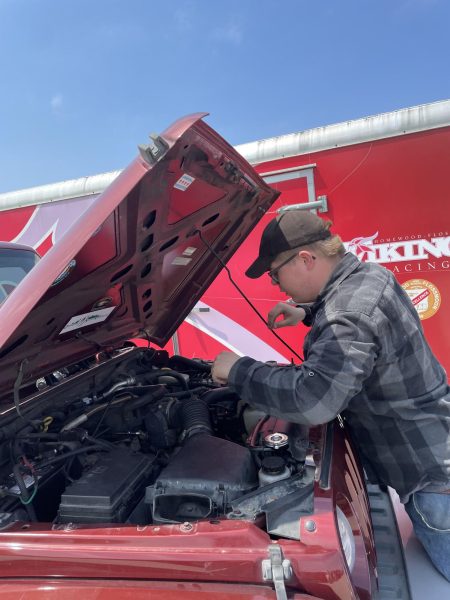
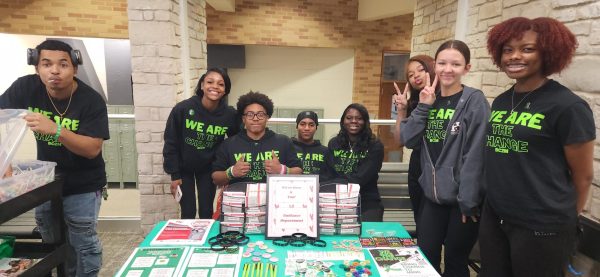
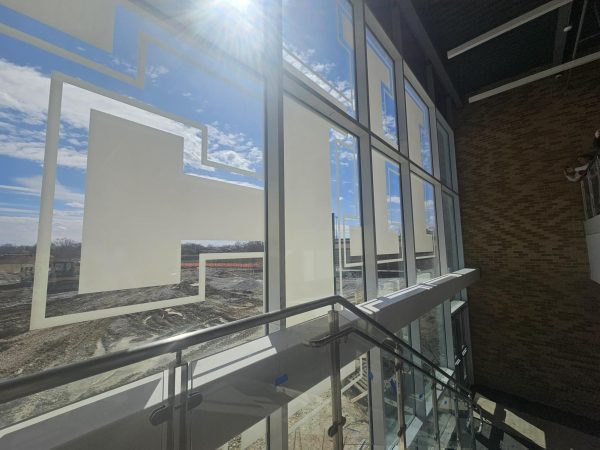
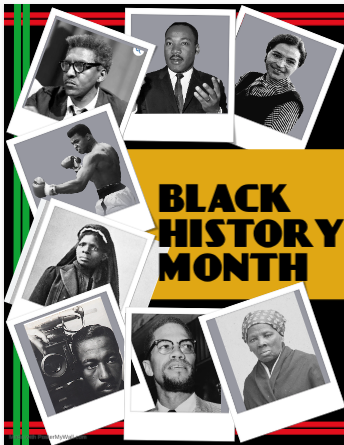
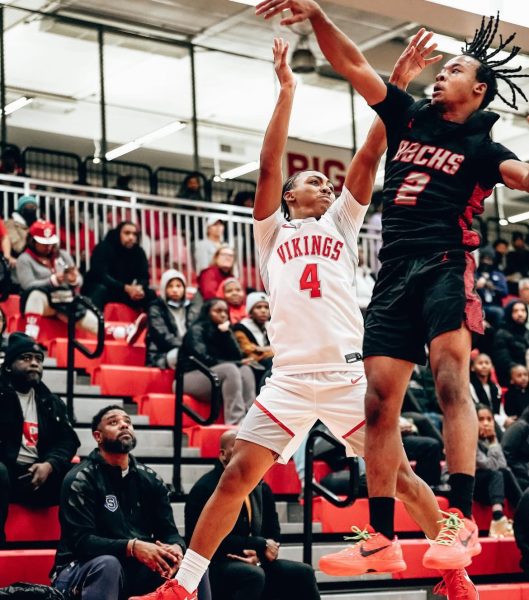
Brenda Haynes-Wallace • Jan 20, 2021 at 12:41 pm
Young Miss McManus, your words are contemplative and inspiring! I love a good dinner conversation and your thought-provoking piece is ideal for my 20 yr old daughter and 17 yr old son. We’ve had many conversations, over the last few months, about the topics in your writing so I’m especially excited to share your words this evening.
Keep writing….you’ll continue to give us all “food for thought”:-)
Jacqueline Johnson • Jan 14, 2021 at 6:31 am
Charlotte,
I love this piece. Your words of wisdom as a newly minted adult are spot on. We can’t just love our way through hate, we have to deal with our mess and our pain. It starts with looking within. Your connection with things taking root and spreading reminds me that when things go unchecked, unsaid, and unaddressed we find ourselves in the state we are in. I look forward to reading more commentaries from you!
Dr. Jacqueline E. Johnson
Sahar Mustafah • Jan 13, 2021 at 8:22 am
Dear Charlotte,
Thank you for these poignant thoughts. I am 48 years old and feel the same terror and anguish. Your point on how to address hate is a critical one. I believe educators need to take on this charge in meaningful ways and begin at a much younger age. We need to abandon the notion of “they’re too young” “they need to be happy” which condescends to young people’s sensibilities and offers a false sense of security. It also perpetuates the status quo and strengthens power structures if not confronted in responsible ways. We need to learn and teach how thoughtful, courageous dialogue to enact change. Thanks again for your words.